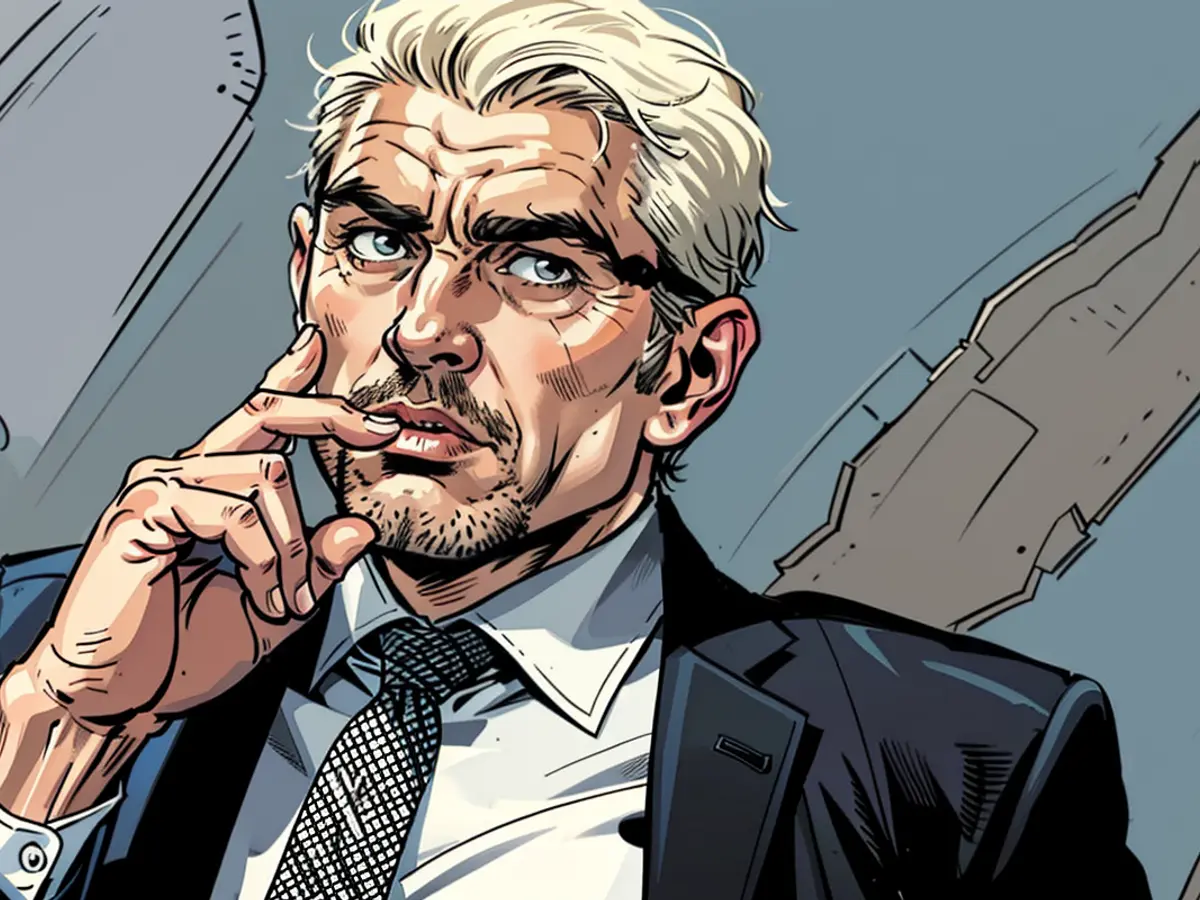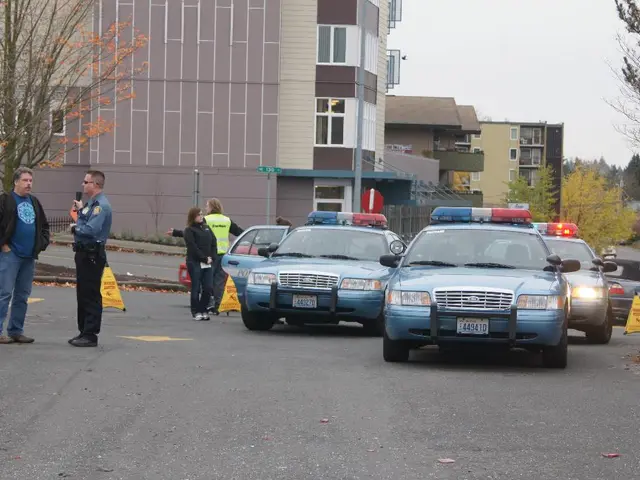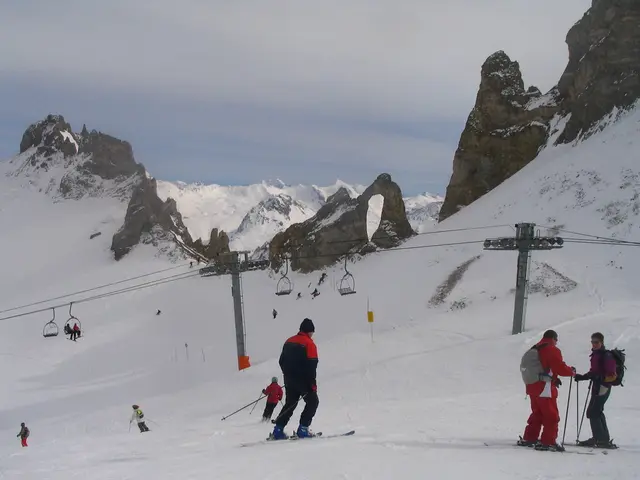Michael Frisch, once the head of AfD's Rhineland-Palatinate state and parliamentary group, cut ties with the party but kept his seat in the state parliament. Speaking in Mainz, Frisch explained his move, stating, "Attempts to reform the state party have failed. On the contrary, the issues I criticized have intensified, and the AfD in Rhineland-Palatinate has morphed into an elite-driven party where a few make the decisions."
Criticism and open debate are no longer welcome within the party, as revealed by Frisch. He pointed out that self-interest and loyalty are paramount, while moral values and competence take a back seat. Furthermore, he denounced the ideological shifts within the party that he cannot condone and the persisting drift towards extremism that goes unchallenged.
The AfD state association welcomes Frisch's exit and calls for the revocation of his mandates. They believed that Frisch's departure from the AfD faction and the ongoing expulsion proceedings justifies his leaving the party. Frisch was ousted as the head of the AfD faction in the Mainz state parliament towards the end of 2023 and was subsequently replaced by Jan Bollinger. After accusing Bollinger of violating agreements, Frisch left the AfD state parliamentary group but still retained his seat.
Frisch plans to carry on with his responsibilities in the state parliament and continue his political endeavors at the local level in Trier. Frisch, who has been a party member for over a decade, no longer finds a reason to remain within the party due to the evolving ideology. "My duties in the state parliament remain unchanged, and I will continue my political activities at the local level in Trier," said Frisch.
Other party members may confront similar dilemmas, struggling to adhere to the changing ideology of the AfD. Frisch's decision to stay in the state parliament yet distance himself from the party's internal issues illustrates that it's possible to uphold the party's principles without being entangled in its internal turmoil.








